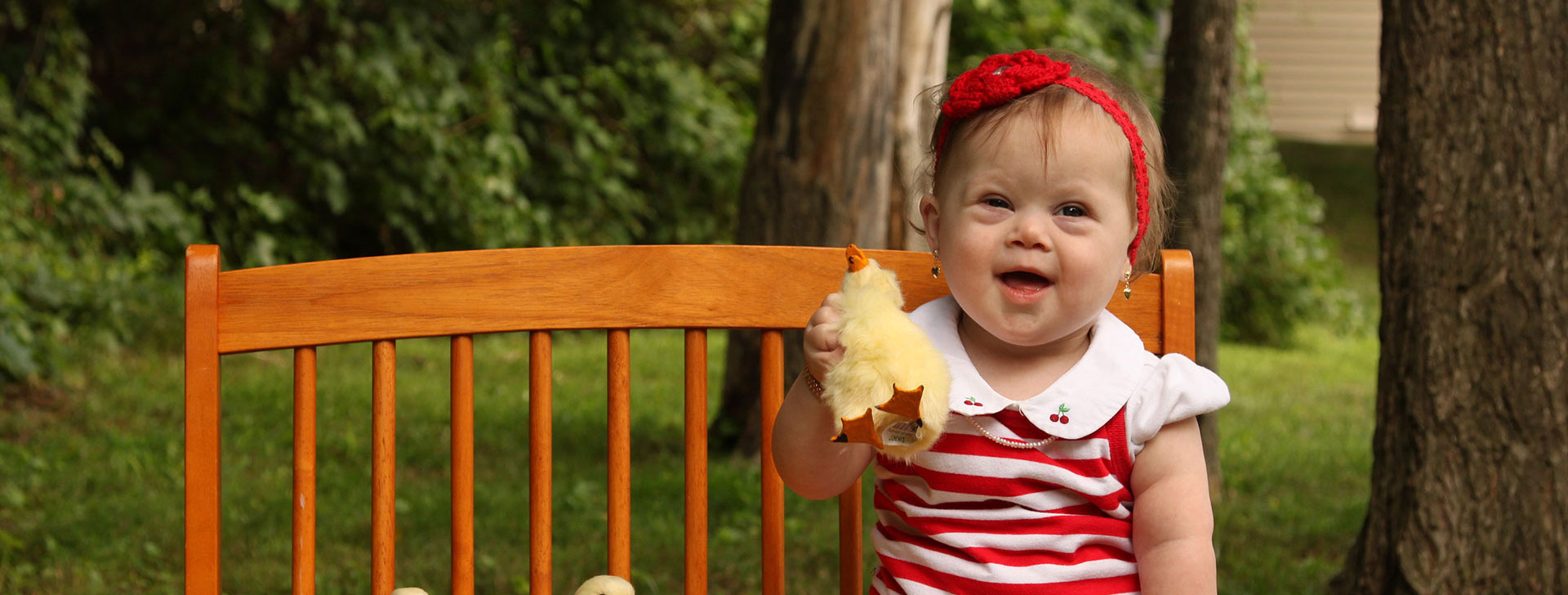Two Families
I met two families today. The first was a young couple who recently had their second child. The child, in addition to being an adorable, active, smiling little boy, has Down syndrome. I was asked to meet with the family because, as a person who studies children’s development for a living, I was supposed to be able to predict, in a general way, the trials and tribulations that this boy and his parents might be expected to encounter in the years to come. And, in a general way, I did. I told them that most children with Down syndrome have some degree of mental retardation, and that most children with Down syndrome that do have mental retardation have mild mental retardation. I told them that most children with Down syndrome have low muscle tone, and that physical and occupational therapies will help their son’s muscles develop well. I told them that most children with Down syndrome learn to speak, but that it takes a little longer than it does for children without Down syndrome. I told them that he will probably need to be in a special education school, or, if they can find a Yeshiva willing to serve all children, a special education class. I told them that most people with Down syndrome can learn to read, hold jobs, have friends, be happy, feel sad, get married, and live on their own, some with more support, some with less support, some with no support.
I also told them that, while I cannot predict what their child’s potential might be, I do know that their son is much more likely to reach that potential if he is raised by his own loving family, with his own siblings serving as models, and with his own parents to push him further and cheer him on.
Later, I met with another family. This family was older, and I was asked to meet with their twenty-one year old daughter to see what job she might enjoy and be suited for as she readies herself to enter the workforce. When this young woman was a young girl, her father tells me, she was beautiful, smart active…everybody’s dream child. Then, at around the time of her fifth birthday, she became tired. She started having headaches. Her vision blurred. She had a brain tumor. Thankfully, the surgery to remove the tumor was successful and saved her life. The surgery did, however, leave its scars. She doesn’t speak so well anymore. She’s not so strong. She lacks concentration, focusing skills. She can’t tell time. She doesn’t remember the date of her birthday.
Driving home, I started thinking. When this young woman was five, and the neurologist sat down her parents in his office and gave them the news that their child has a brain tumor, and began to explain to them what that meant, what the surgery might result in, did the parents, at any point, seriously consider the possibility of just leaving the child in the neurologist’s office? Did the parents ever say to themselves, “I’m not strong enough to handle a child with a disability. I can’t take the time away from my other children to give this child the extra attention she will need.” Do you suppose this child’s grandparents ever said, “Leave this one. Forget about her. Tell people she’s dead. Move on with your lives.”? Did the parents ever consider that there are other families that want a child like this, that she’d be better off with one of them?
I don’t think they did.
Dr. Stephen Glicksman is a Developmental Specialist at Womens League Community Residences, Inc.

